 BEVERLY, Mass. — The City of Beverly created an unsafe situation by instituting a no-train-horn “quiet zone” within city limits, according to a lawsuit filed by the family a man killed by a Massachusetts Bay Transportation Authority commuter train in October 2019.
BEVERLY, Mass. — The City of Beverly created an unsafe situation by instituting a no-train-horn “quiet zone” within city limits, according to a lawsuit filed by the family a man killed by a Massachusetts Bay Transportation Authority commuter train in October 2019.
MassLive.com reports that the lawsuit by the family of Moses Shumow, a professor at Boston’s Emerson College, also contends the MBTA and its contract operator, Keolis Commuter Services, were negligent for not sounding the train horn as they entered the station in Beverly. Shumow was killed as he crossed the tracks near the Beverly station. The suit, filed in federal court in Boston, also alleges the train was traveling over the speed limit, and that the City of Beverly “withheld important data” in its application for the quiet zone, which exempts municipalities from laws requiring trains to sound their horns.
The institution of quiet zones generally requires crossing gates, lights, and other warning devices to mitigate what the Federal Railroad Administration calls the “additional risk” of allowing trains to operate without sounding their horns. But the lawsuit says the crossing at the Beverly station was not equipped with any warning devices “in violation of the standard of care in the railroad industry,” and claims the city “purportly exempted” itself from the law requiring train horns “by claiming to apply for ‘Quiet Zone’ status.’” It says the city was “grossly negligent” in omitting information that would have disqualified it from quiet-zone status.
The suit also and that the train’s operator did not sound its horn 15 or 20 seconds before entering the station, as required by federal law, or within 1,320 feet of the crossing, as required by state law.
Representatives of the MBTA and Keolis declined comment to MassLive, citing pending litigation, while the City of Beverly did not respond to the news site’s request for comment.






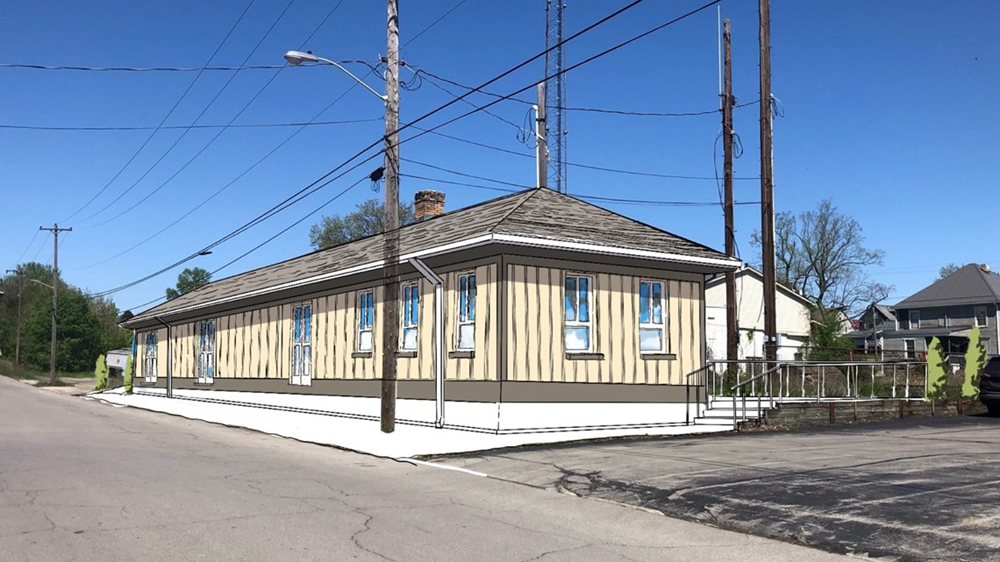
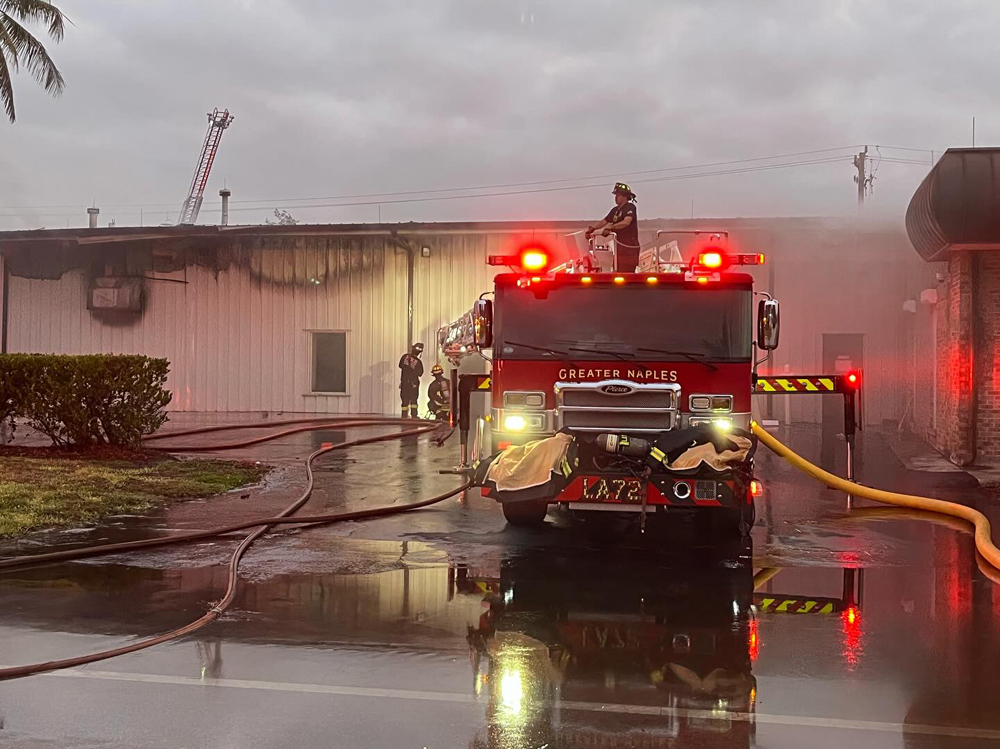
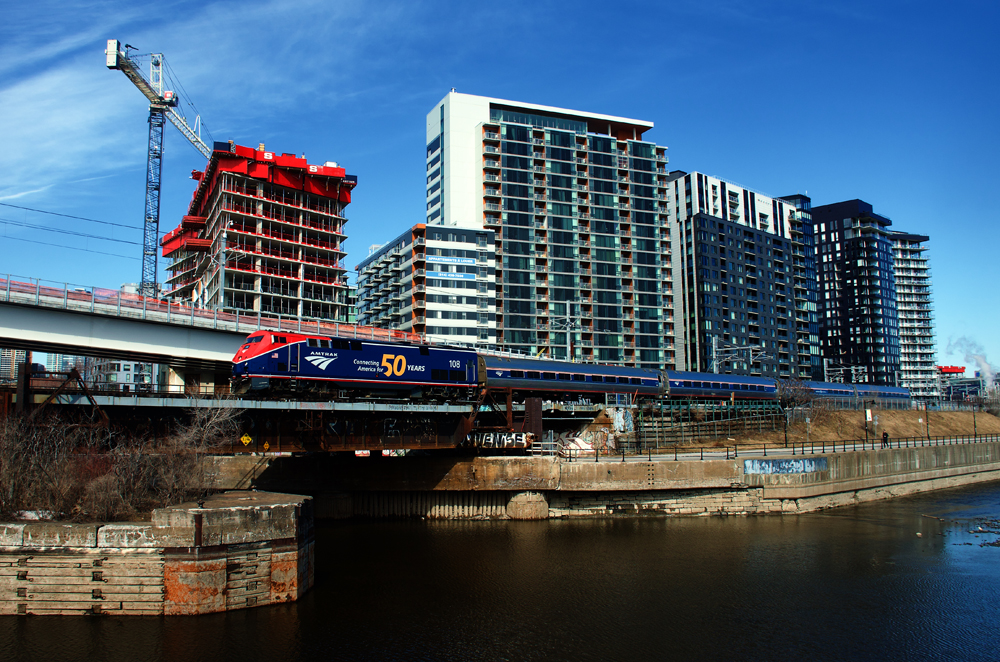


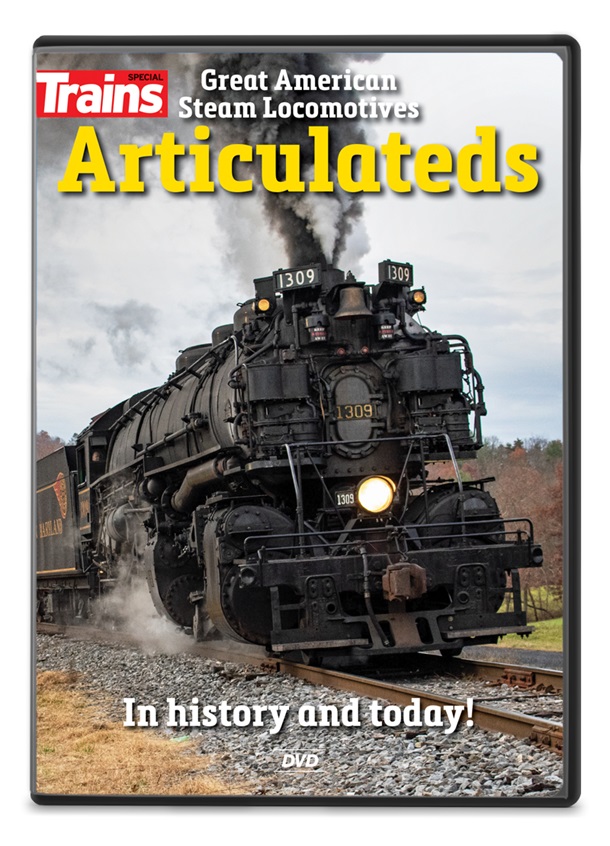
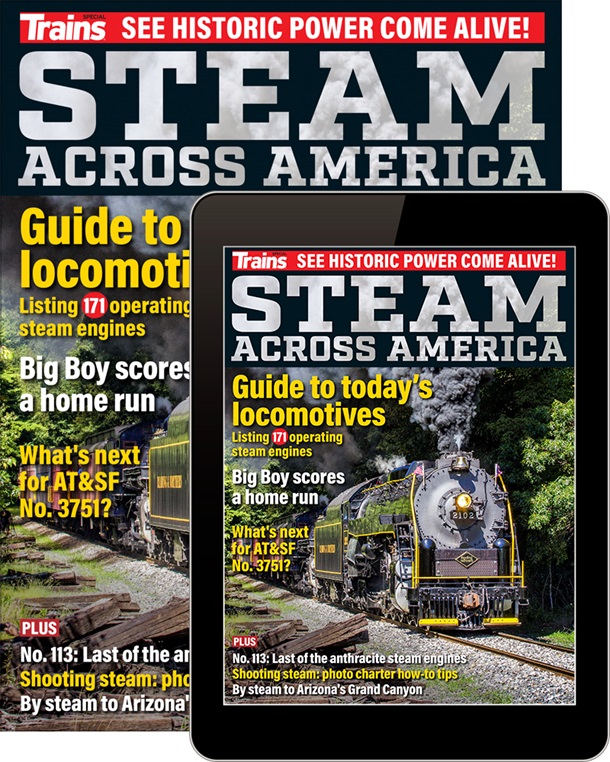
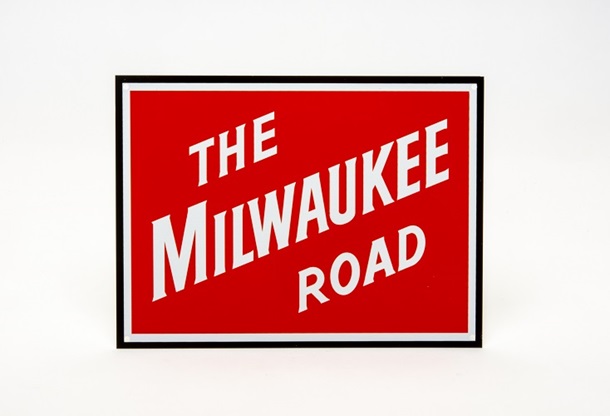
So, government says “you can’t sound a horn or you violate the law.” The plaintiffs say they didn’t sound a horn due to negligence and breaking federal and state law. I see Keolis as stuck between a rock and a hard place. Keolis is screwed either way.
Does the complaint cite any law or regulation requiring sounding the horn “15 or 20 seconds before entering the station, as required by federal law”?
Here’s the FRA page:
https://railroads.dot.gov/highway-rail-crossing-and-trespasser-programs/train-horn-rulequiet-zones/train-horn-rule-and-quiet#:~:text=Under%20the%20Train%20Horn%20Rule,of%20all%20public%20grade%20crossings.
I can’t help but wonder if the victim was using earbuds or headphones at the time of the incident.
As a follow up, here’s a link to a more detailed accounting of the fatal accident – note that Shumow was riding his bicycle on the passenger platform and then turned to cross the tracks via the pedestrian crossing where he was struck. Not sure that riding a bicycle on a commuter rail passenger boarding platform or pedestrian crossing is a prudent/safe thing to do…
https://www.masslive.com/boston/2022/09/beverly-noise-rule-contributed-to-mans-death-by-banning-train-warning-lawsuit-says.html
Don’t know about Mass, but here in the SF Bay Area it’s a misdemeanor to ride a bike, skateboard or any other personal conveyance on any transit related platform(though I see it all the time), just like it’s not allowed in the airport.
I could be mistaken but I believe the “crossing” in question is one of 2 adjacent pedestrian crossings over 2 active tracks in front of Beverly depot – they are not roadway grade crossings. These pedestrian crossings have no automatic flashing lights, etc but do feature prominent yellow “Look Before Crossing” signs. Such pedestrian crossings are commonly used throughout the MBTA commuter rail system. There are approximately 56 scheduled weekday MBTA trains (no Amtrak or freight) that pass through Beverly Depot (all stop). And the nearest roadway grade crossings are about a half mile north and south of the depot. What this article does not illuminate is if Shumow was paying attention as he crossed the tracks.